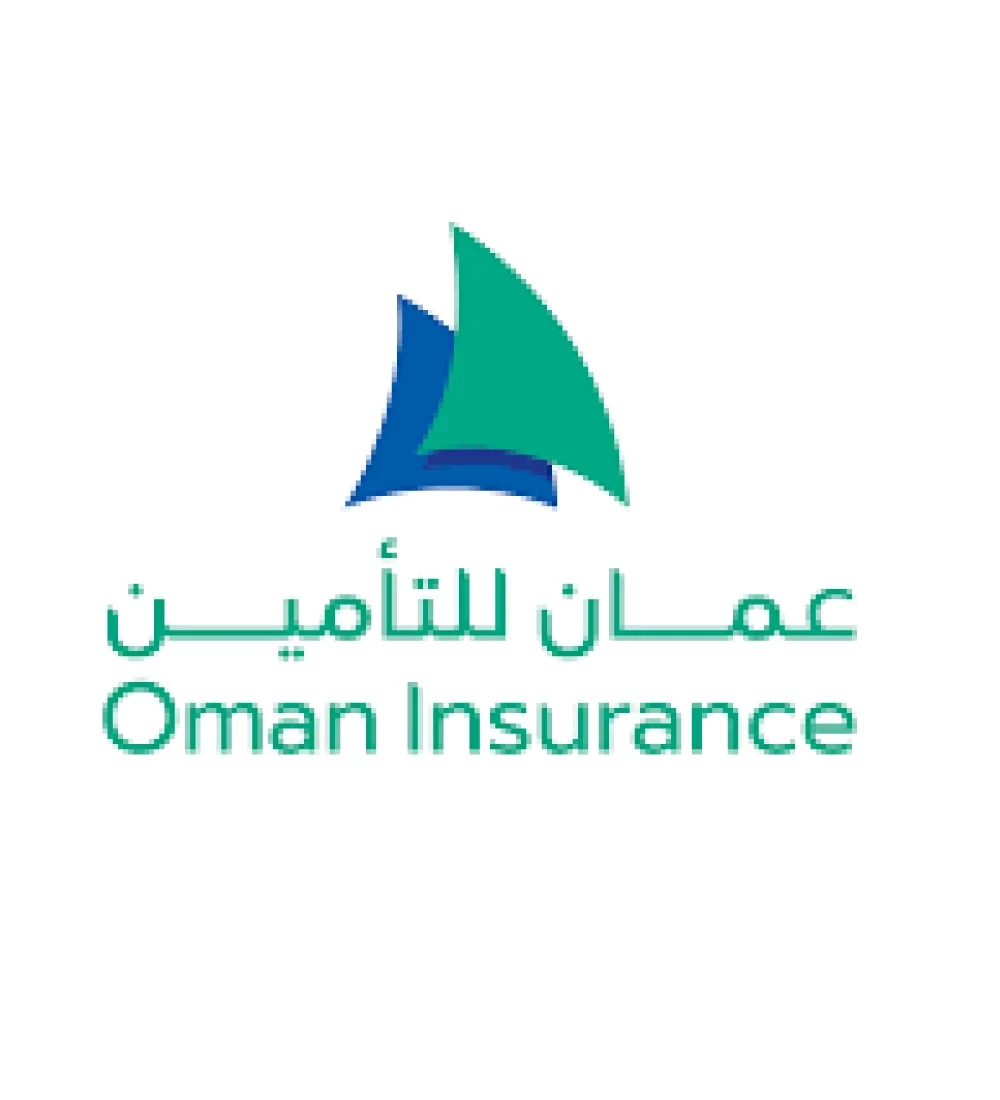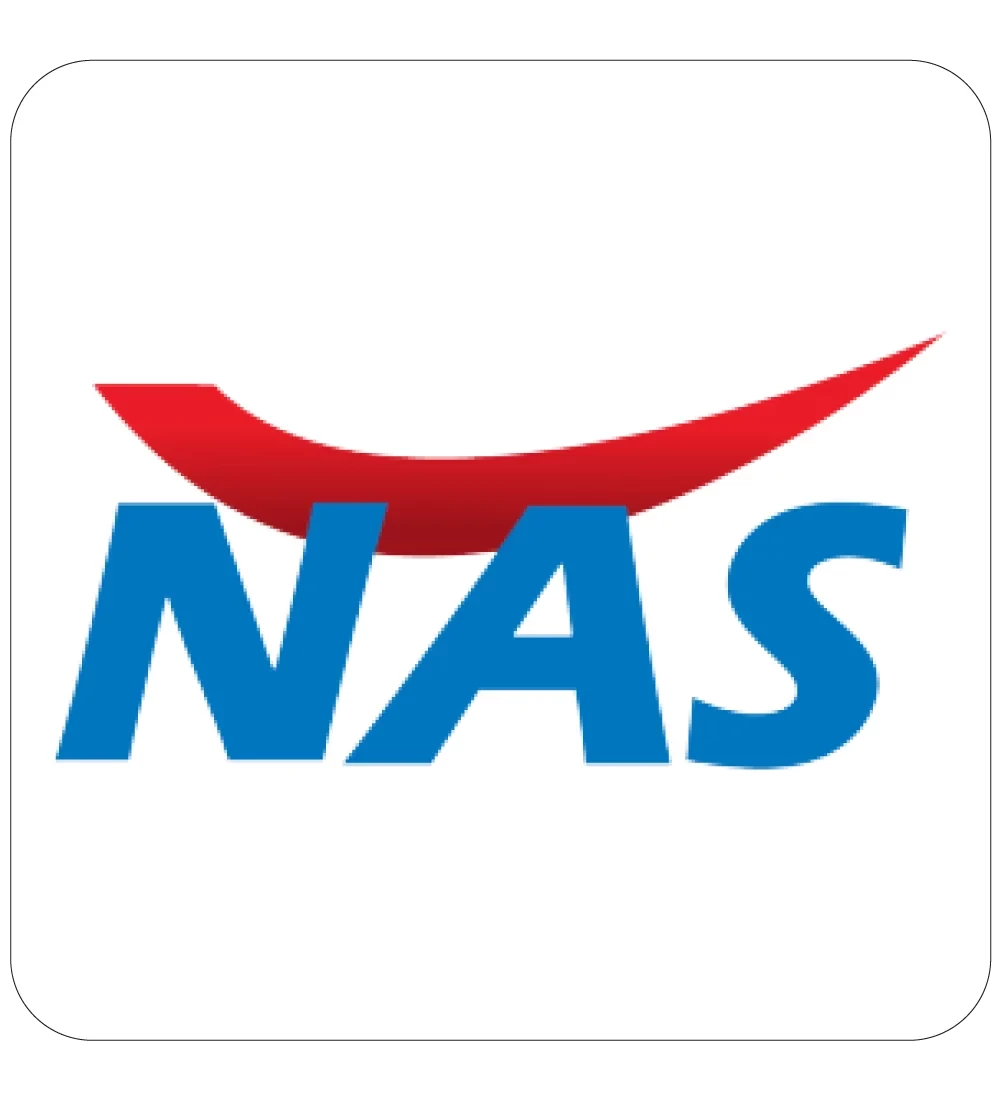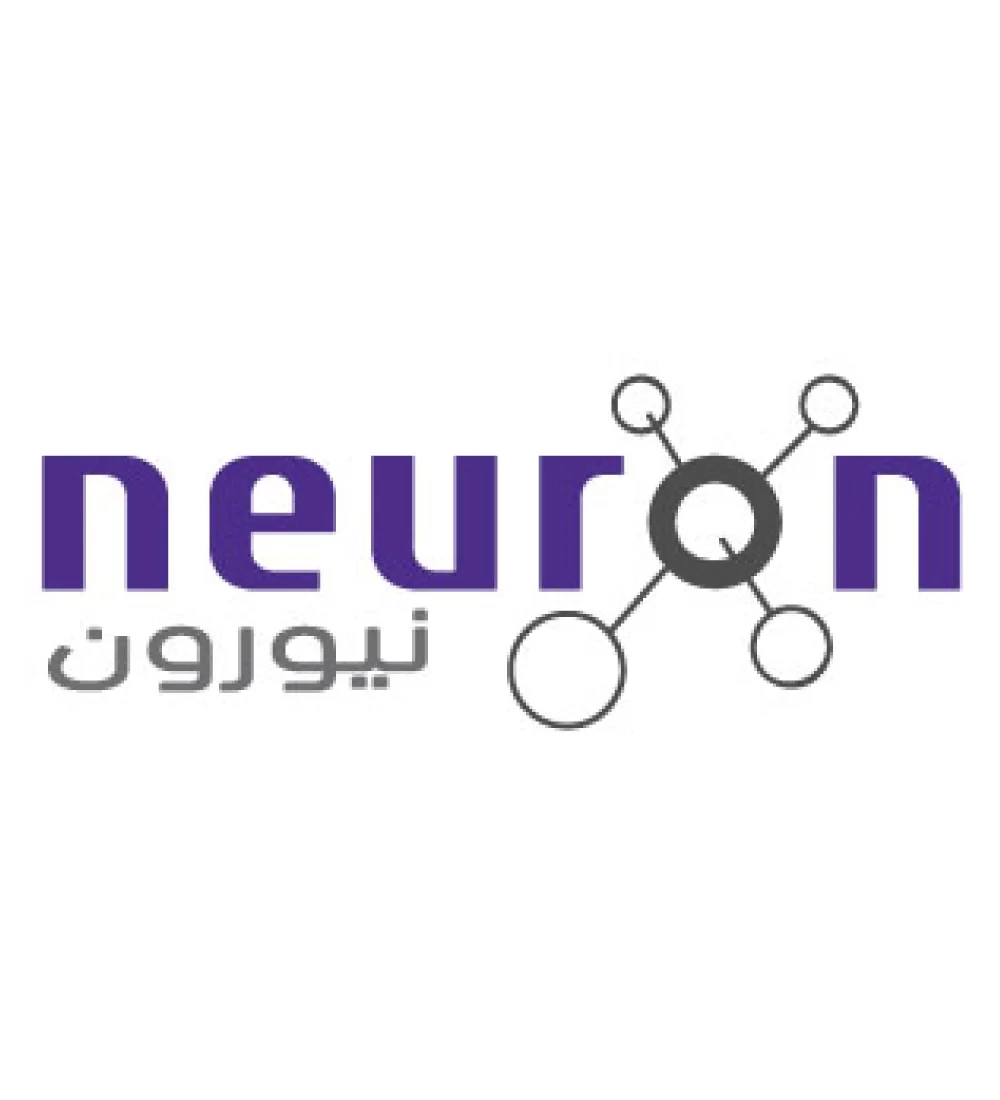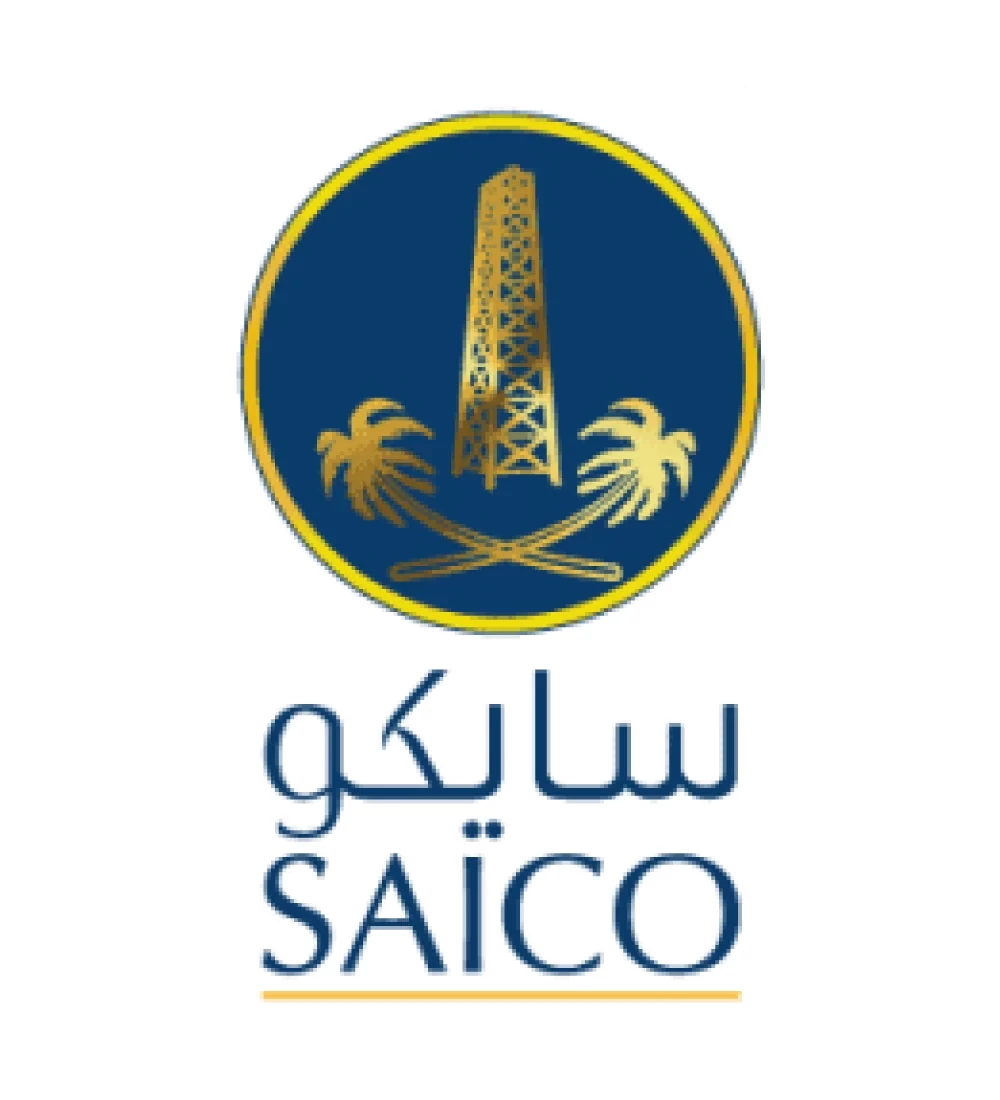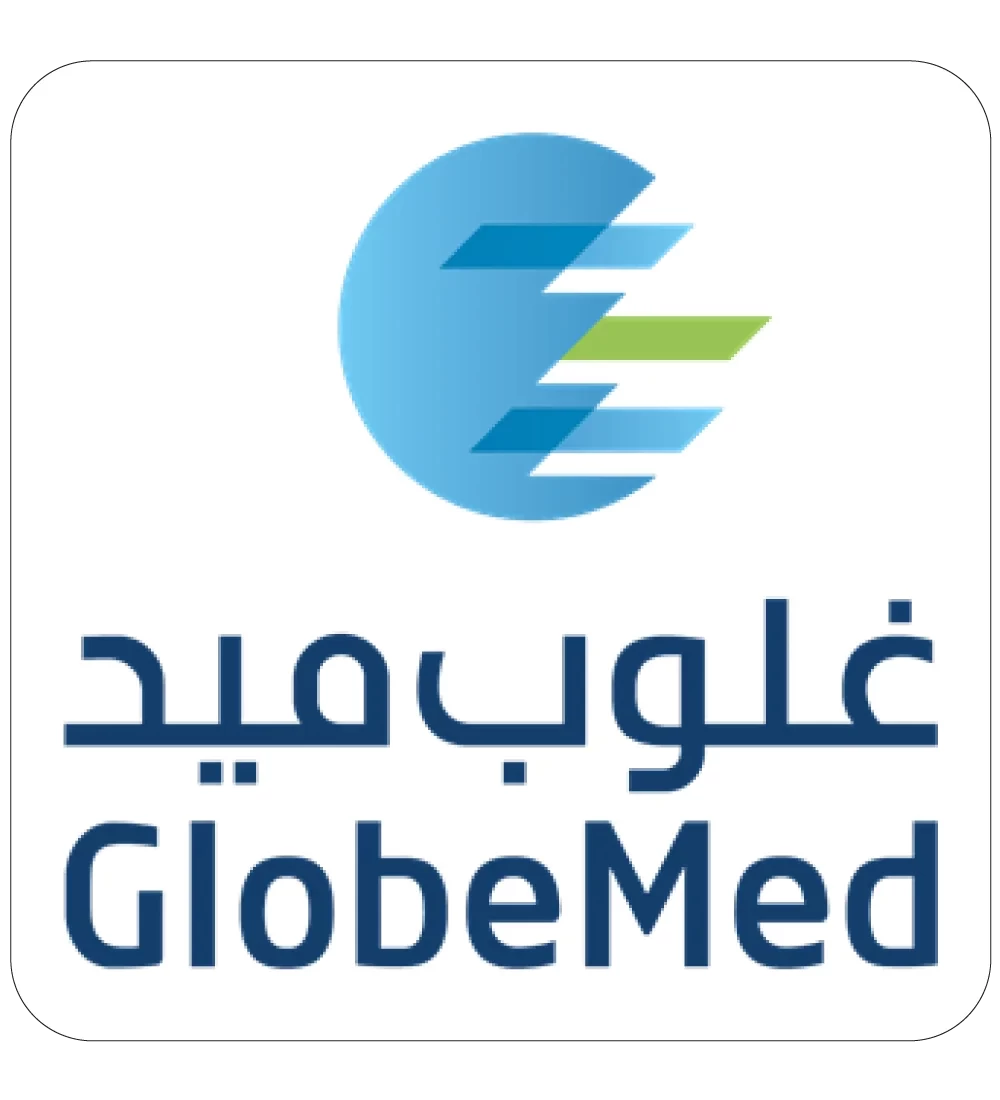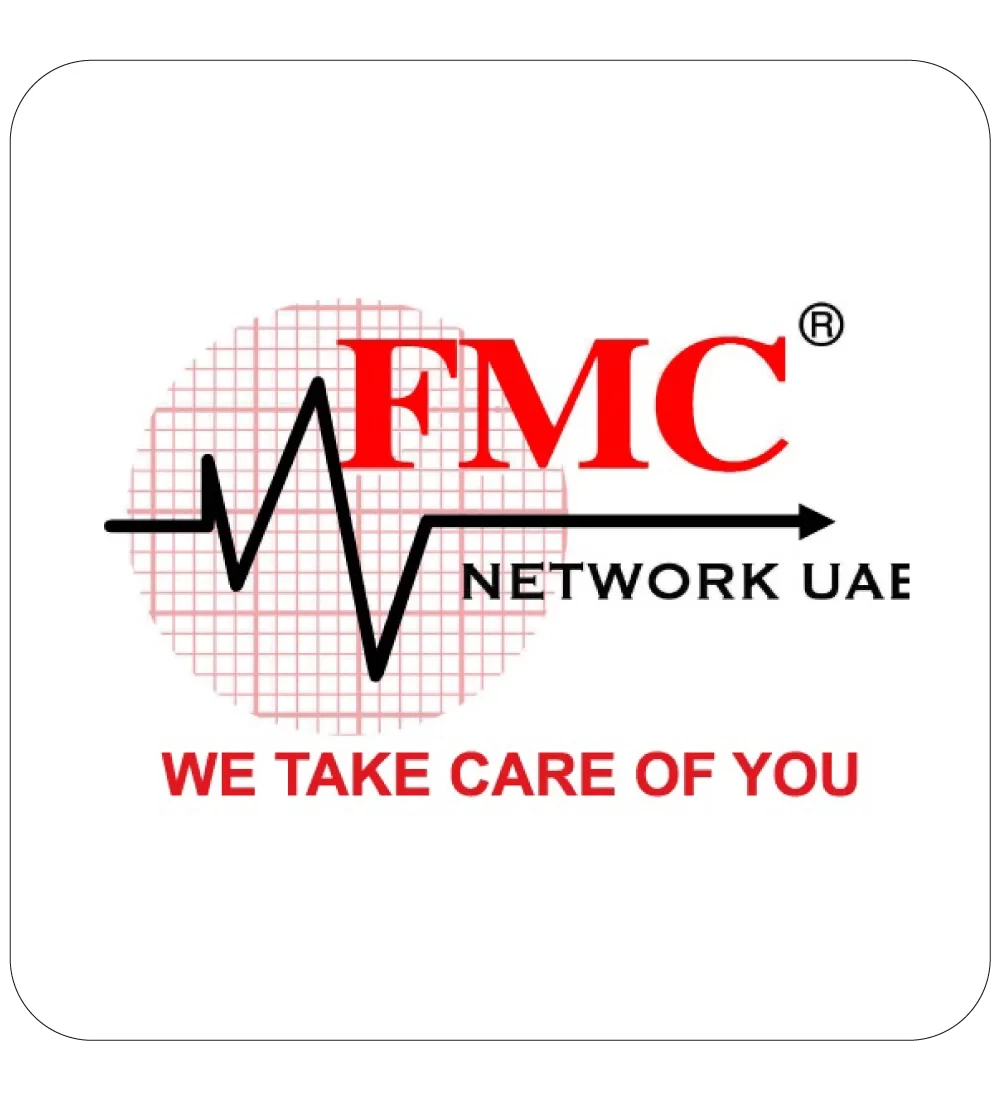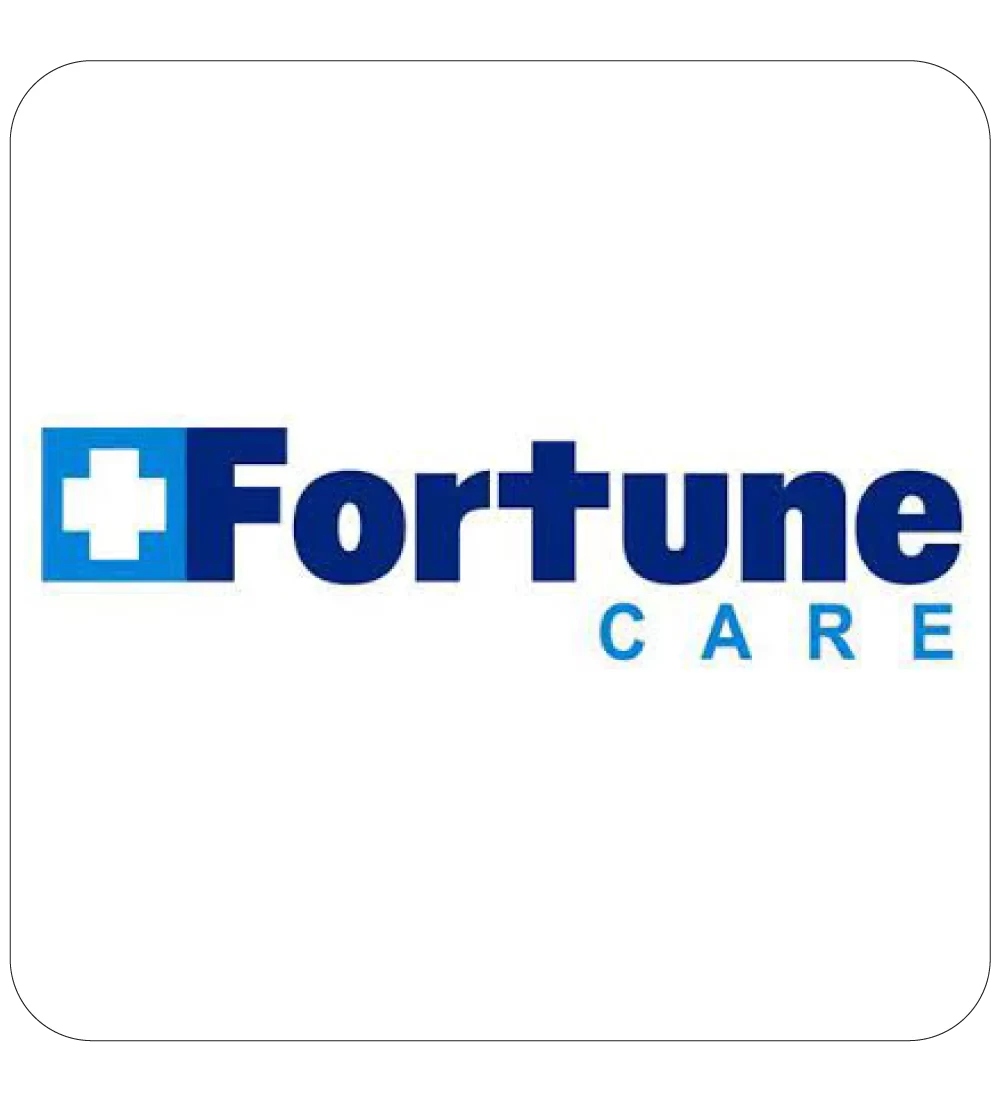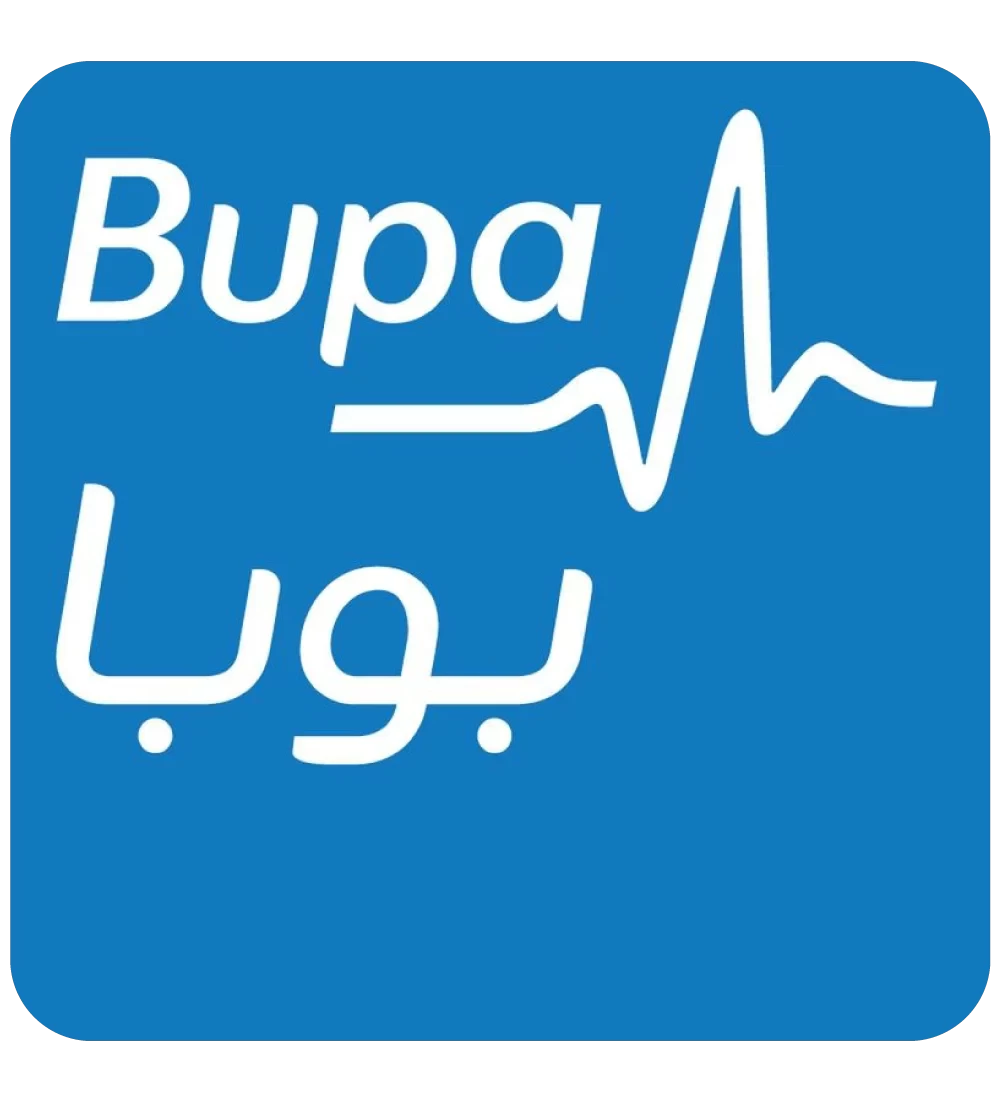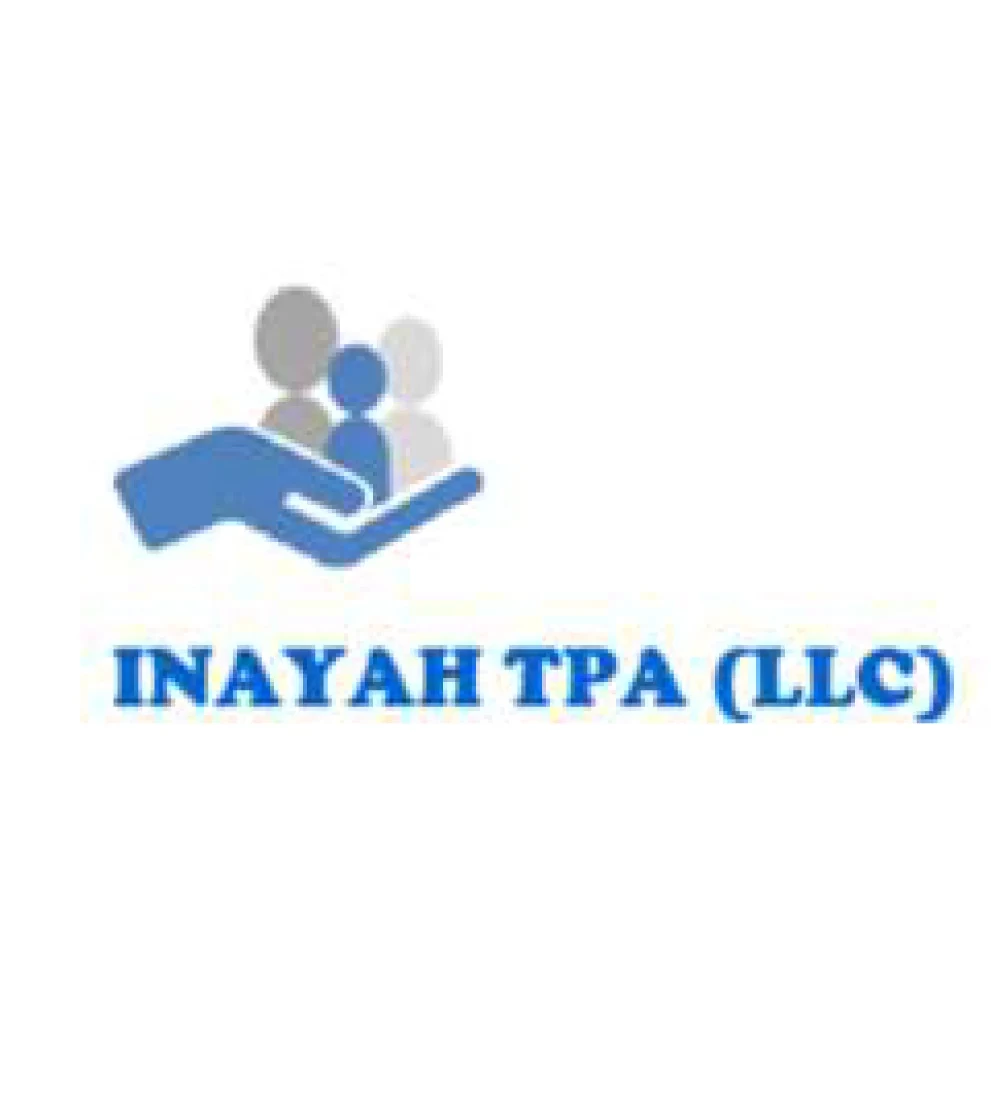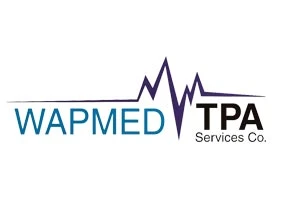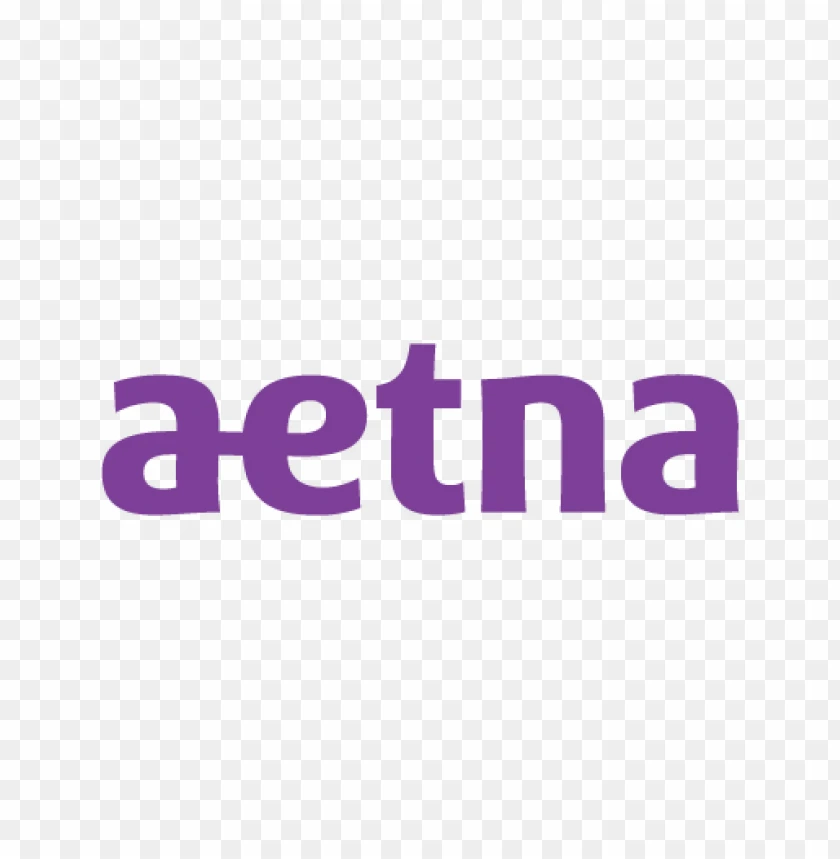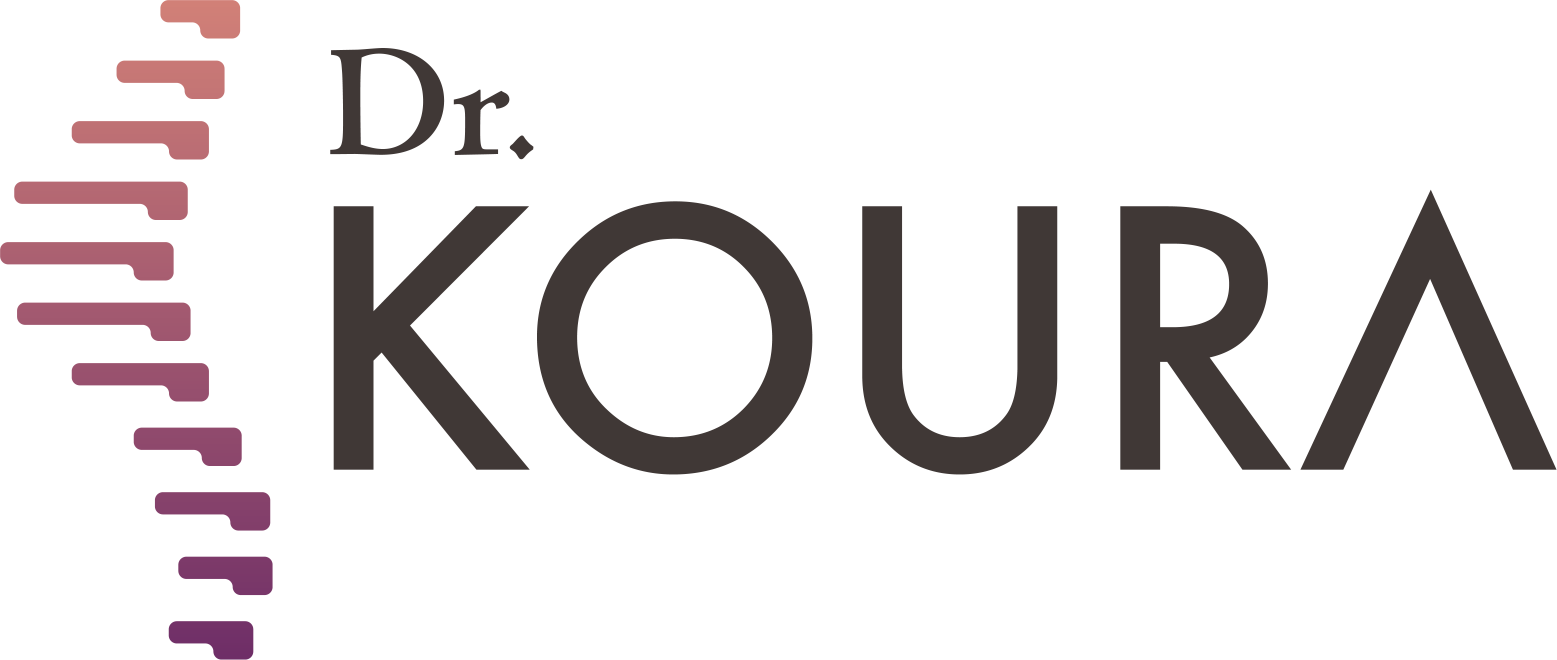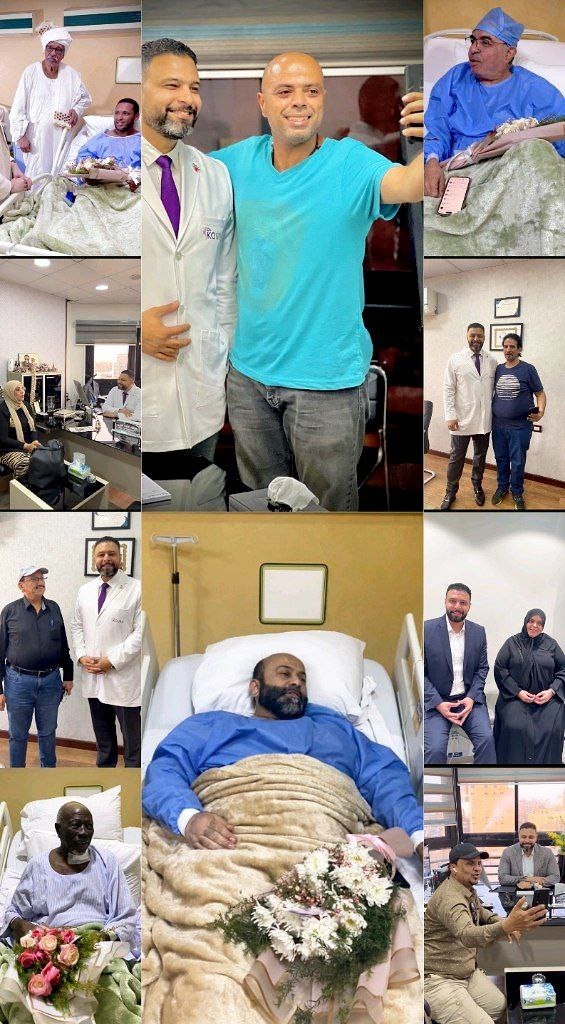
To see patients' reviews
Click hereTreatment of face and head pain with minimal intervention

Symptoms
- Headache
Some symptoms of facial and head pains may be similar, which prompts some people to include such pains under a general diagnosis, which is a headache. The common treatment and solution thereof are to administer analgesic drugs, which may solve the problem relatively for a specific time, but it does not solve the main cause of the problem because analgesics are not the solution therefore and the diagnosis was not accurate from the beginning. Facial and head pains are due to different causes, all of which cannot be included under the diagnosis of headache. The types of headaches also are different, and each one thereof is due to specific causes and symptoms, even such types are similar in some treatment methods, we address simply in this article what can be treated with minimal intervention.
Trigeminal Neuralgia:
Definition:
Hyperactivity of the gaserian ganglion in the brain leading to electric shock sensation in one side of the face and rarely affects the face on both sides.
Causes:
Most of the time the cause is unknown but in rare cases it is a result of brain tumors of Multiple Sclerosis. For this reason, any patient diagnosed with Trigeminal neuralgia is asked to do brain MRI in order to exclude any underlying causes.
Treatment:
The first line of treatment is medications. Choice number one in treating trigeminal neuralgia is Carbamazepine and fortunately it is successful in relieving the pain in 80% of the patients. But still the rest of the patient needs a treatment plan and for this the scientist worked hard until they reached the solution which is applying Pulsed Radiofrequency to the Gaserian Ganglion. this is a nonsurgical intraoperative procedure. It is done using a fine needle inserted through the cheek towards the gaserian ganglion with the guidance of fluoroscope and under the influence of sedation and local anesthesia. The procedure is 100% safe and has a success rate of 80% in relieving the pain.
Radiofrequency with Dr. Mohamed Koura
Although it is a very simple and safe procedure, but still, it needs high level of hand skills and technicalities that helps the operating physician to be as precise and fast as possible, which will only be found at Dr. Koura’s.
Cluster Headache:
Definition:
Hyperactivity of the sphenopalatine ganglion in the brain leading to pulsating pain in the back of the eye with severe lacrimation in one side of the face and rarely affects the face on both sides.
Causes:
Most of the time the cause is unknown but in rare cases it is a result of brain tumors. For this reason, any patient diagnosed with cluster headache is asked to do brain MRI in order to exclude any underlying causes.
Treatment:
The first line of treatment is medications. Choice number one in treating trigeminal neuralgia is Sumatriptan and inhaling Oxygen in sessions and fortunately it is successful in relieving the pain in 80% of the patients. But still the rest of the patient needs a treatment plan and for this the scientist worked hard until they reached the solution which is applying Pulsed Radiofrequency to the Sphenopalatine Ganglion . this is a nonsurgical intraoperative procedure. It is done using a fine needle inserted through the cheek towards sphenopalatine ganglion with the guidance of fluoroscope and under the influence of sedation and local anesthesia. The procedure is 100% safe and has a success rate of 80% in relieving the pain.
Radiofrequency with Dr. Mohamed Koura
Although it is a very simple and safe procedure, but still, it needs high level of hand skills and technicalities that helps the operating physician to be as precise and fast as possible, which will only be found at Dr. Koura’s.
Why Choose Dr. Mohamed Koura ?
Simply because he is the best doctor in his feild. He stays updated on the latest treatment technologies through his participation in various international conferences with leading foreign doctors and experts. Finally, and most importantly, Dr. Mohamed Koura is the best doctor in Egypt and the Arab world, possessing 12 non-surgical techniques for treating spinal and joint problems. He was the first to introduce modern interventional treatment techniques in Egypt & the Middle East and is the only one using the disc fx technique to treat spinal pain.
Certainly not, some cases must be treated surgically, and the most appropriate technique for the patient is determined through a medical examination and the presence of imaging studies.
No, it is necessary to make a reservation through a phone call or social media messages.
There are no risks or side effects associated with non-surgical pain interventions.
The patient needs only 3 to 4 days before they can travel comfortably, and the hospital stay does not exceed 6 to 8 hours.
A condition cannot be accurately assessed and a proper medical diagnosis made without a medical examination and recent imaging studies.
Yes, there are several payment methods available through Visa or electronic wallets by making a reservation on our website.
Certainly, obesity is one of the causes of knee osteoarthritis.
Radiofrequency activates the nerve and does not cause any damage to it.
Non-surgical interventions are a definitive treatment for some cases and pain relievers for other cases, which is determined by the doctor through a medical examination.
If the herniated disc is fully treated, there is a possibility of it reoccurring in some cases, such as not following the doctor's prescribed instructions after the intervention, experiencing an accident, or making a sudden wrong movement like lifting heavy objects.
The entire disc is not removed due to the presence of several risks and it may exacerbate the condition. Only the protruding part that causes pain is removed.
This cannot be done with radiofrequency, but it is performed through other techniques that Dr. Koura conducts.
The success or failure of non-surgical interventions cannot be judged through radiographic imaging because these procedures involve making subtle changes to critical parts to address the issue. Consequently, they do not produce significant changes to avoid potential complications in the future or damage to the spine and joints, which is our primary goal.
Spinal stenosis does not typically cause sciatica. In most cases, disc herniation is what may lead to sciatica. This does not necessarily mean that a patient with sciatica will also have spinal stenosis.
Sciatica may return if the patient does not adhere to the medical instructions provided by the doctor or in the event of an unexpected accident.
Lower back pain can result from several causes, including a herniated disc, nerve compression, muscle strain, or chronic spinal injuries. Lifestyle factors such as prolonged sitting, muscle weakness, and excess weight can also exacerbate the problem.
A life without pain without surgery
Once you book with Dr. Koura
Get rid of pain with just one call.. Book your appointment now with pain Management consultant Dr. Koura.
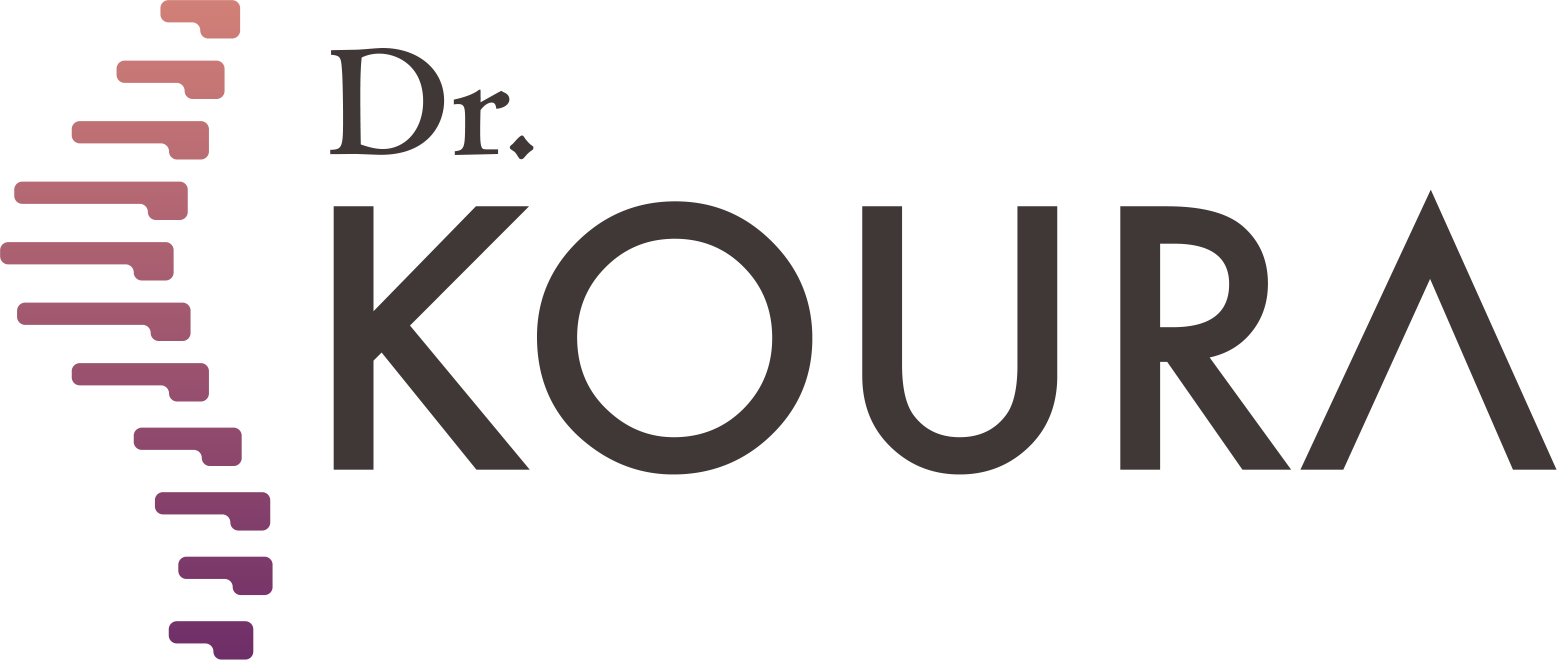

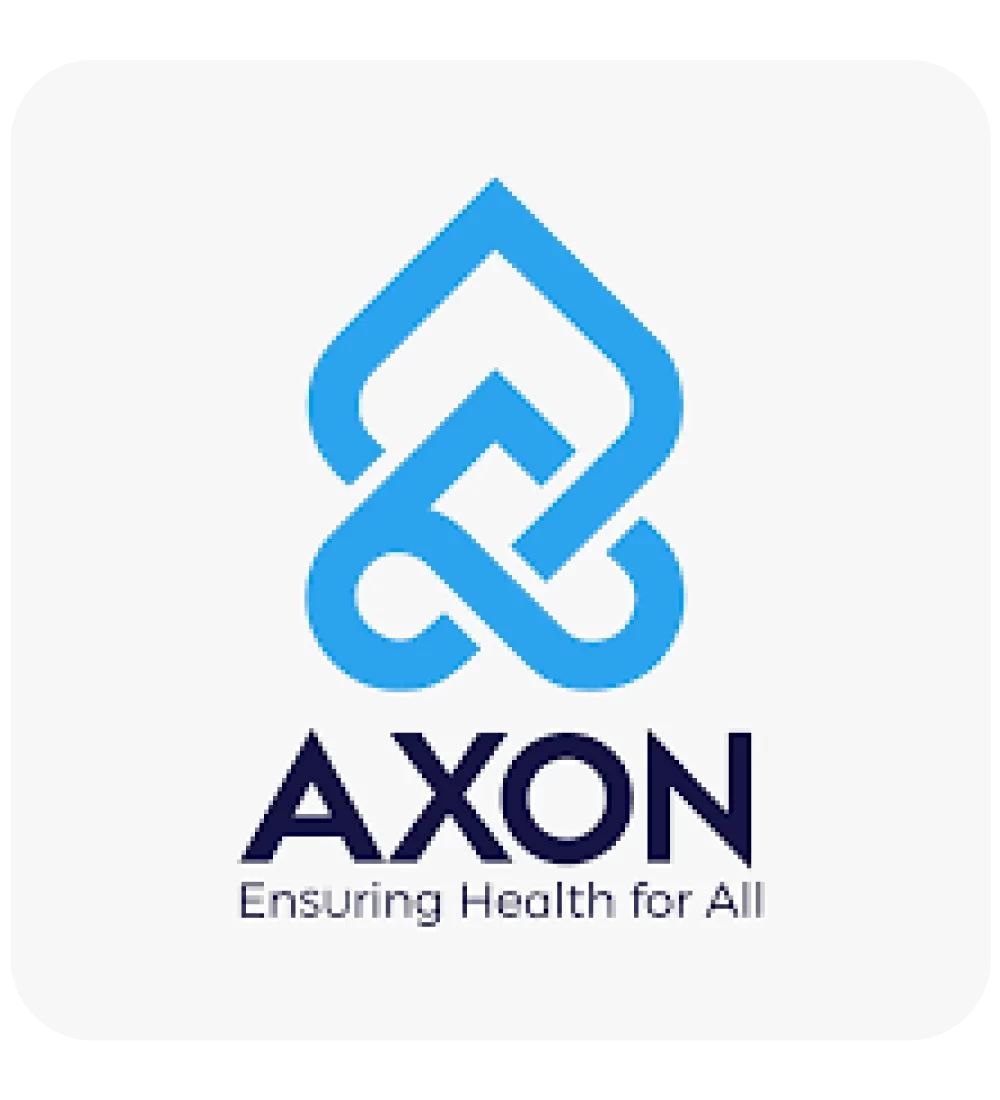
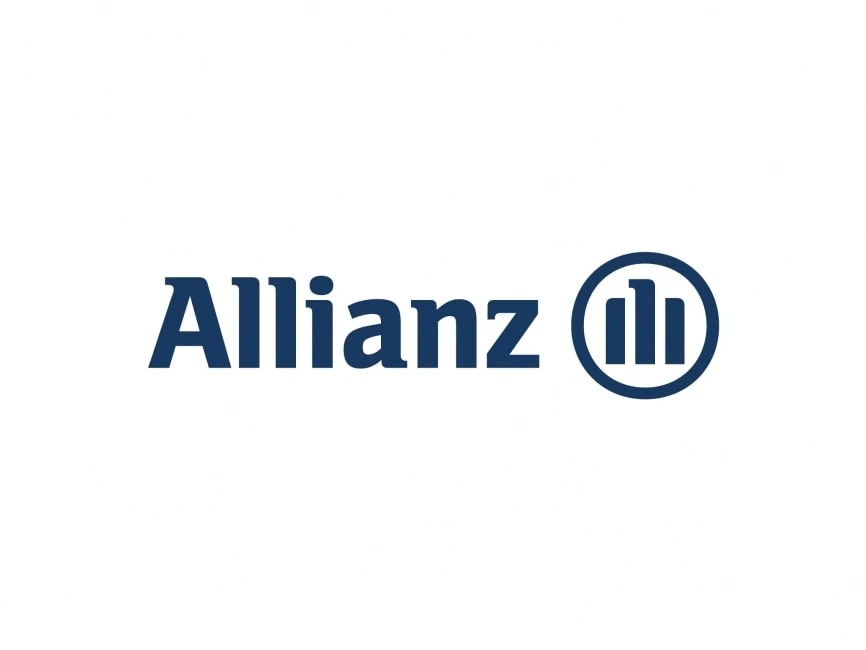


-webp.webp)

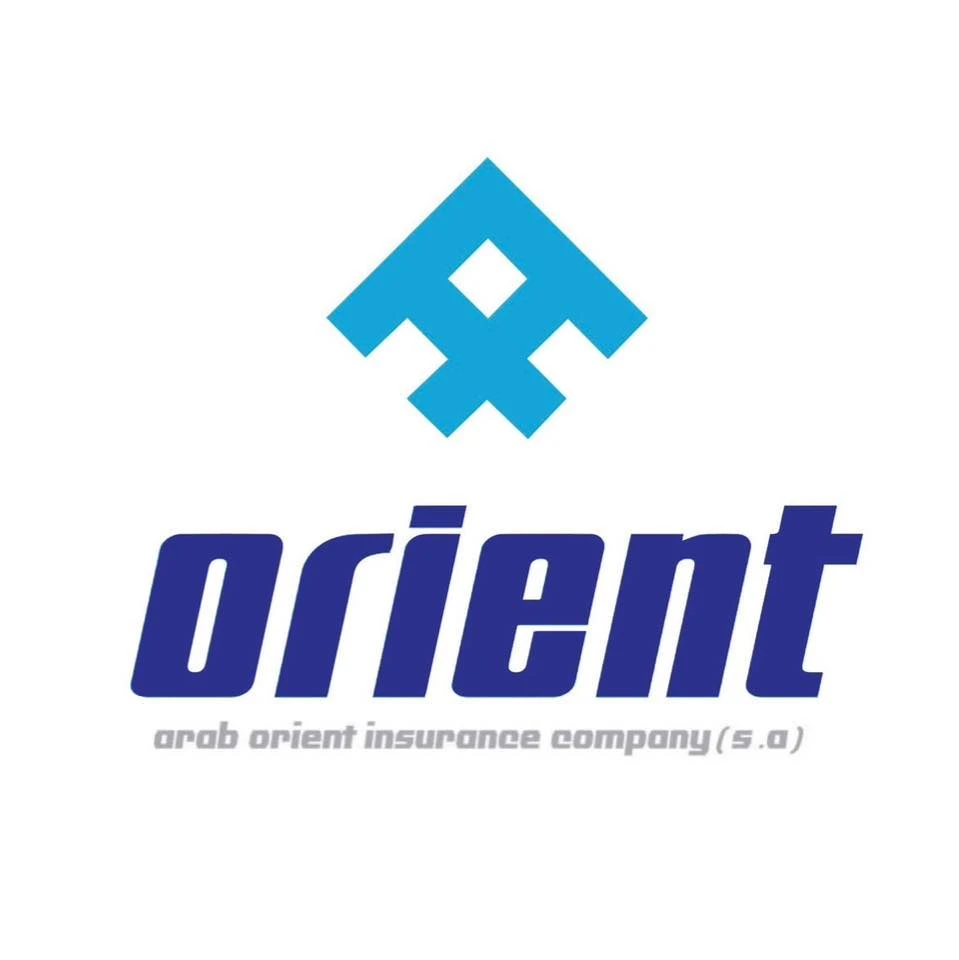


-webp.webp)


